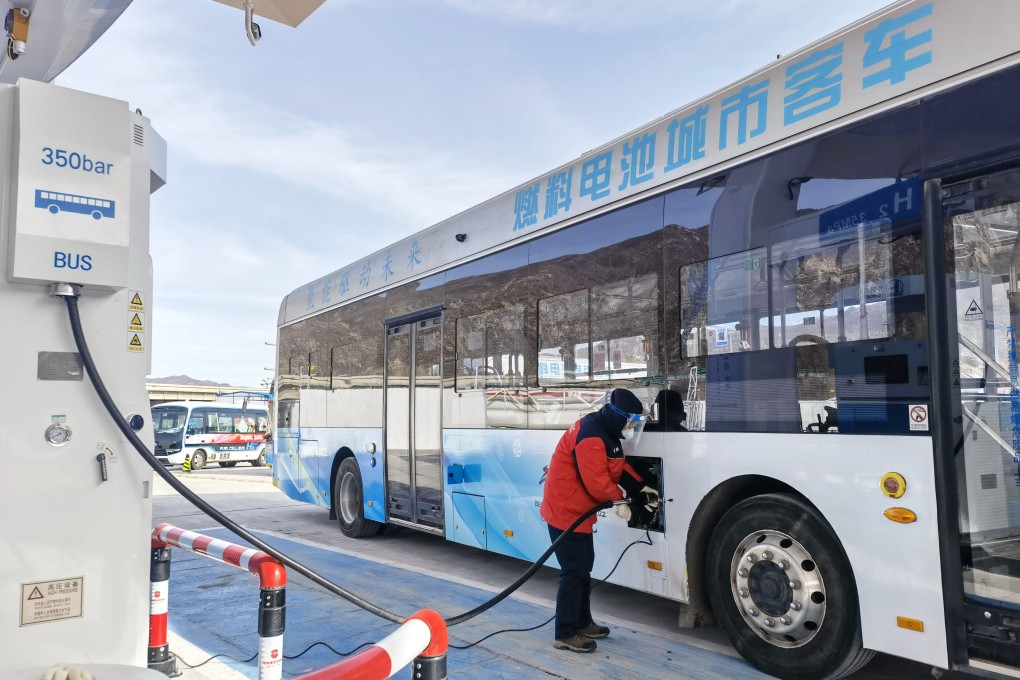Letters | Hong Kong could be a global leader in embracing hydrogen energy
- Readers discuss how the city can be an example to be world on adopting hydrogen as an energy source, and a better approach to regulating idling vehicles

Hong Kong has just developed its first locally built hydrogen fuel cell application, an off-grid hydrogen-powered electric vehicle charger. This was made possible by Hong Kong’s Automotive Platforms and Application Systems (APAS) research and development centre, with Refire as the project partner.
The zero-emission system can charge cars, vans and minibuses. It can provide 220 volt two-phase to 380 volt three-phase electricity to power anything from a coffee machine to a building.
The prototype charger is proof of hydrogen-electric energy delivery and fulfilment in Hong Kong. As APAS’ project partner, we are proud of our contribution to Hong Kong’s latest sustainable energy solution.
Hong Kong is also ready for hydrogen distribution. Almost every corner of Hong Kong is connected to a 3,700km hydrogen-ready pipeline network which has quietly proven itself safe and reliable.